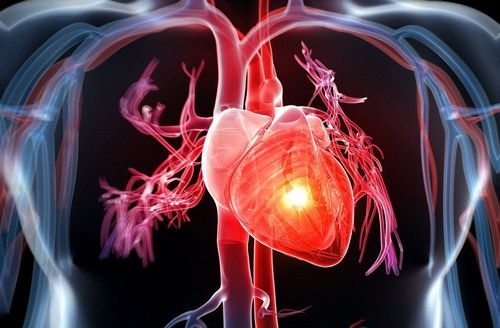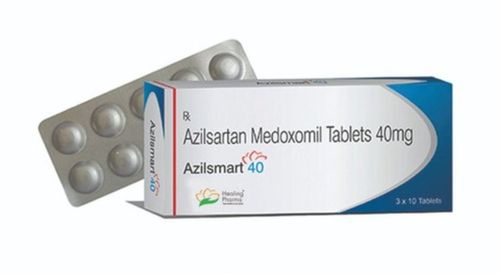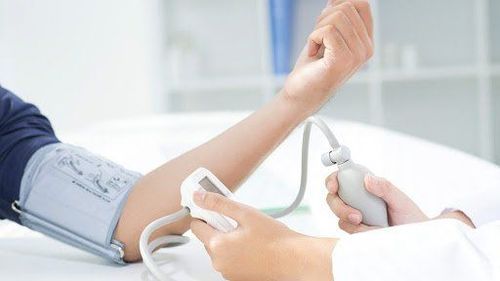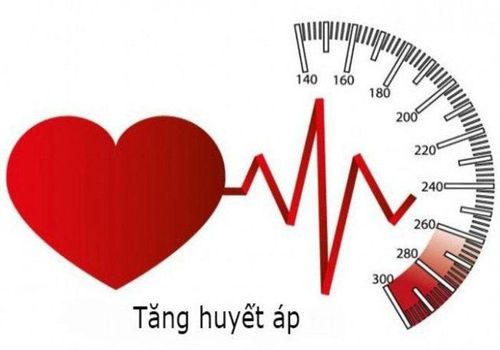This is an automatically translated article.
The article is professionally consulted by Master, Doctor Tran Hong Nhat - Interventional Cardiologist - Cardiovascular Center - Vinmec Central Park International General Hospital. The doctor has more than 10 years of experience in examining and treating interventional cardiovascular diseases.High blood pressure is a common problem in the elderly. It is estimated that about 1-3% of people with high blood pressure will experience a hypertensive emergency at some point in their lives. In this case, the patient needs to be evaluated and treated promptly, to prevent or minimize organ damage.
1. What is a hypertensive emergency?
A hypertensive emergency is a condition in which blood pressure is very high, with a systolic blood pressure reading >180 mmHg and/or a diastolic blood pressure reading >120 mmHg with threatening features or damage to the vital organs. target organ in progress2. Classification of hypertensive emergency
Very high hypertension: systolic blood pressure > 180 mmHg and/or diastolic blood pressure > 120 mmHg, accompanied by one of the following conditions:Severe headache, cerebral hemorrhage, stroke; Acute left-sided heart failure (dyspnea, asthma); Fundus damage grade 3 - 4 (hemorrhage, papilledema); Acute glomerulonephritis Aortic dissection; Hemorrhage of the external carotid artery.
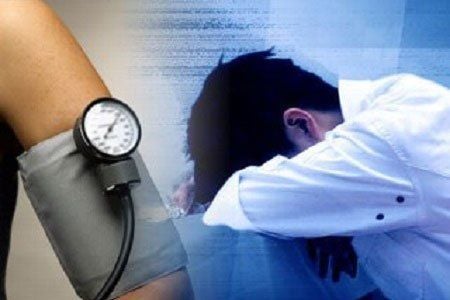
3. Emergency treatment of hypertension
Patients should be treated quickly to reduce blood pressure, but not too much because it can cause ischemia of the kidneys, brain or coronary arteries.Average blood pressure drops by no more than 25% in the first hour. Then, if the patient is stable, further reduce systolic blood pressure to about 160 mmHg and diastolic blood pressure to about 100-110 mmHg over the next 2-6 hours. Return blood pressure to normal in the next 24-48 hours.
There are some cases of individual treatment, such as systolic blood pressure < 120 mmHg during the first hour in patients with aortic dissection or in patients with pre-eclampsia and eclampsia requiring a reduction in systolic blood pressure < 140 in the first hour. .
When properly treated for hypertensive emergency, the patient will have a good prognosis.
4. Emergency hypertensive drugs
Intravenous drugs include:Nitroprusside: Dosage 0.25 - 10 mg/kg/min (maximum dose is only 10 minutes), has an immediate effect and lasts for 1-2 minutes. However, the drug has undesirable effects that can cause nausea, vomiting, muscle twitching, sweating, thiocyanate and cyanide poisoning. The drug is indicated in most cases of hypertensive emergencies, but care should be taken when intracranial pressure is high or uremia is raised; Nicardipine: Dose of 5 - 15 mg/hour, starting to work 1 - 5 minutes after injection and lasting for 1 - 4 hours. The drug has undesirable effects such as tachycardia, headache, facial redness, and focal phlebitis. The drug is indicated in most cases of hypertensive emergency except acute heart failure and caution in coronary insufficiency; Nitroglycerin: Dosage 5 - 100 μg/min, starting to work 2 - 5 minutes after injection and lasting for 3 - 5 minutes. Undesirable effects of the drug are headache, vomiting, methemoglobinemia, drug tolerance when used for a long time. The drug is indicated in most cases of hypertensive emergency except glaucoma and myocardial ischemia; Hydralazine: Dosage of 10 - 20 mg (intravenously) and 10 - 50 mg (intramuscular), begins to work 10-20 minutes after intravenous injection and 20-30 minutes after intramuscular injection, has a prolonged effect 3 - 8 hours long. Side effects of this emergency antihypertensive drug are tachycardia, flushing, headache, vomiting, and worsening of angina. The drug is specifically indicated for convulsions; Esmolol: Dosage 250 - 500 g/kg/min intravenously for 1 minute, then 500 - 1000 g/kg/min intravenously. The dose of 500 μg/kg may be repeated every 5 minutes and the intravenous dose may be increased by 50 μg/kg/min (maximum 300 μg/kg/min). After injecting 1-2 minutes, the drug begins to work and lasts for 15-30 minutes. The side effects of this emergency antihypertensive drug are a drop in blood pressure and nausea. The drug is specifically indicated for aortic dissection after surgery; Enalaprilat: Dosage 1.25 - 5 mg every 6 hours IV infusion, effective 15 - 30 minutes after infusion and lasts for 6 hours. A side effect of this emergency antihypertensive drug is a drop in blood pressure when renin is high, the response is variable. The drug is specifically indicated for acute left renal failure; Labetalol: Dose of 20 - 80 mg every 10 minutes intravenously and 0.5 - 2 mg/min intravenously, starting to work after 5-10 minutes and lasting for 3-6 hours. Side effects of the drug are vomiting, itchy scalp, burning throat, dizziness, nausea, heart block, orthostatic hypotension. The drug is indicated for most hypertensive emergencies except acute heart failure. Oral medications include:
Nitroglycerine (spray or sublingual); Captopril (sublingual); Clonidine Adalate (liquid, capsule, sublingual); Natispray (sublingual spray).
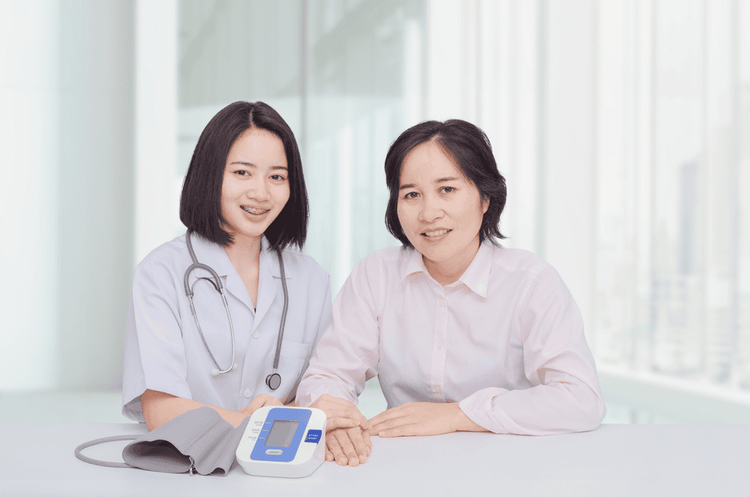
Properly identifying and treating an emergency hypertensive crisis helps patients receive timely treatment and avoid life-threatening danger. This knowledge is especially necessary for the patient as well as their loved ones to know how to handle an emergency hypertensive crisis.
To prevent possible emergency hypertensive crisis, people with hypertension and those who have not had hypertension but have many potential risk factors should go to a hypertensive clinic at a reputable hospital. , in order to have a comprehensive and in-depth assessment of his blood pressure status, from which to have timely treatment interventions.
Basic Hypertension Checkup Package and Advanced Hypertension Checkup Package deployed by Vinmec International General Hospital are the first choice to help accurately determine the causes, complications and levels of hypertension.
The examination package applies to the following subjects:
People who are overweight or obese; People who have a habit of eating salty, high-salt foods often; People who regularly smoke cigarettes, drink alcohol for a long time; People who are sedentary, work in one place, or suffer from mental stress, headaches due to work pressure; Relatives with a history of hypertension have a higher risk of developing the disease than the general population; Elder
Please dial HOTLINE for more information or register for an appointment HERE. Download MyVinmec app to make appointments faster and to manage your bookings easily.





